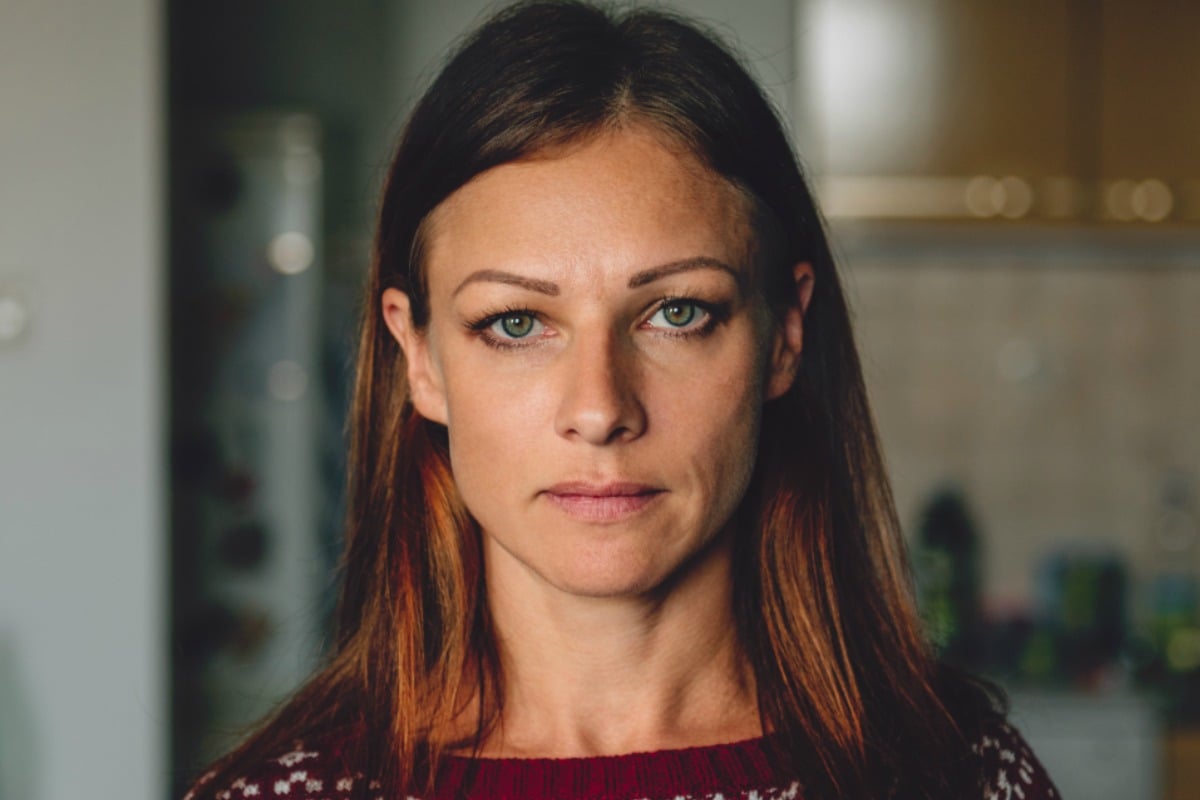
Kate* couldn’t believe it when she entered the counselling room with her abusive partner, Chris*, to find a male counsellor there to greet them as a couple. She had disclosed fears for her safety in an intake form which in her opinion was never read.
“The first thing I thought was – I’m not going to be able to say anything. What’s the point?’
Chris had inflicted emotional, psychological, financial and physical abuse on Kate, including strangulation, and had threatened their children’s lives and Kate was terrified.
Many women feel pressured to undergo counselling with their abusive partner and this pressure is not always experienced in a direct way. For some women experiencing domestic abuse, they genuinely want to attend couples counselling, feeling in some way responsible for the abuse and hoping to find a way to help make it better. In Kate’s case, she had been referred by a health service and by child protection and she felt that there was an “unspoken expectation” that she would go.
Women and violence: The hidden numbers. Post continues after video.
Soon after commencing the therapy, Kate realised that she was going to have to be extremely careful about what she said and how she said it and went to great lengths to minimise and excuse the violence and abuse so as to protect herself and her children.

Top Comments
How can anyone expect a person who is scared of their abuser to open up to a therapist in front of said abuser. That's actually crazy.
that just sounds fucked up to me.Why do you have to sit with your abuser?